Are Solar Panels Right for Me? Key Considerations Before Investing
Key things to consider before installing solar panels on your home.

.jpg)

With rising energy costs and increasing environmental awareness, more UK homeowners are considering solar panel installations. While the long-term benefits are clear — lower electricity bills, reduced carbon footprint, and potential financial returns — it’s important to assess whether solar panels are the right choice for your home.
In this blog, we’ll discuss the key considerations that can help you make an informed decision.
Is Your Home Suitable for Solar Panels?
Before investing, evaluate whether your home is well-suited for solar energy generation. Here are a few areas to consider:
- Roof orientation & shading: South-facing roofs receive the most sunlight, making them the most efficient for solar panels. East and west-facing roofs can still be viable, but shading from trees, chimneys, or neighbouring buildings can impact performance.
- Roof condition & space: Solar panels are a long-term investment, typically lasting 25 years or more. If your roof needs repairs or replacement, it’s best to address this before installation. Adequate space is also necessary — most systems require at least 10-14 panels to be effective.
- Planning permission: In most cases, solar panels fall under permitted development, meaning you won’t need planning permission. However, if you live in a listed building or conservation area, additional approvals may be required.
Are Solar Panels Worth It? Financial Considerations
A common question homeowners ask is: Do solar panels pay for themselves? The answer depends on various factors, including installation costs, energy savings, and available incentives.
- Initial cost vs. long-term savings: A standard UK solar panel system costs between £5,000 and £10,000. While this may seem like a significant upfront investment, the savings on electricity bills can be substantial. Many homeowners find that their panels pay for themselves within 10 to 15 years.
- Are solar panels cost-effective in the UK? Given the UK’s rising energy prices, solar panels have become an increasingly attractive investment. The 0% VAT incentive on solar installations makes them even more cost-effective.
- Do solar panels give you free electricity? Yes, during daylight hours, you generate your own electricity, reducing your reliance on the grid. If you install a battery storage system, you can store excess energy to maximise your savings.
How Many Solar Panels Are Needed to Run a House?
The number of panels you need depends on your household energy consumption and roof space.
- The average UK home uses around 3,700 kWh per year.
- A typical 4kW solar panel system (about 10-14 panels) can generate up to 3,800 kWh annually, covering most of an average household’s needs.
- You may need a larger system if you use more electricity — such as for EV charging or electric heating.
A professional installer like Voltari can assess your home’s energy needs and recommend the right system size.
Choosing a Trusted Installer
Selecting the right installer is crucial to ensuring a high-quality, efficient solar panel installation.
- Look for MCS-certified installers, which guarantees quality workmanship and access to government incentives.
- Check warranties: good solar panels come with warranties of 20-25 years, while inverters usually have 5-10 years.
- Ensure the company offers ongoing support and maintenance so your system performs efficiently.
Voltari provides expert guidance, professional installations, and tailored solar solutions, ensuring you maximise your investment.
Conclusion
Solar panels are a great way to reduce energy costs and contribute to a greener future, but they’re not a one-size-fits-all solution. You can make an informed choice by considering your home’s suitability, financial implications, and the right installation partner.
Ready to explore solar for your home? Contact Voltari today for a free consultation and expert advice on your solar panel installation.
Contact Us
For more information about any of our services, to talk through your requirements or to get a quote, get in touch - we'd love to hear from you!
.jpg)

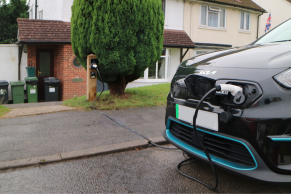
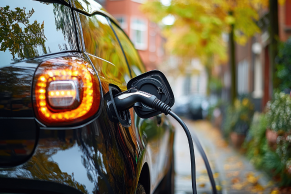

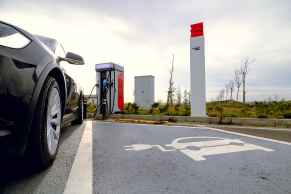
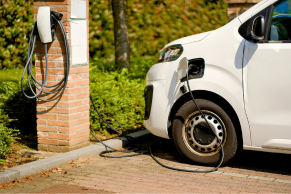
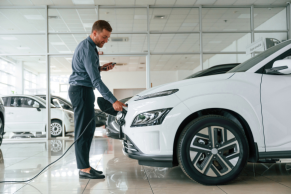
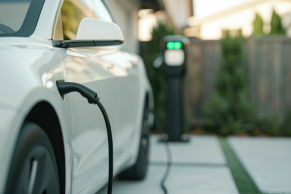
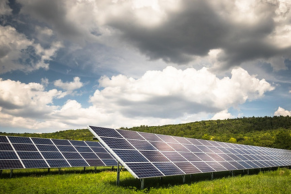

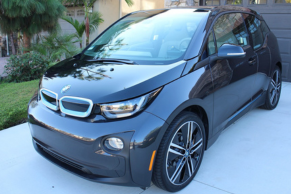
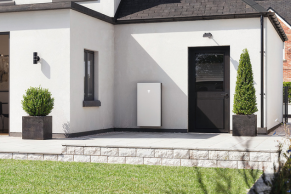

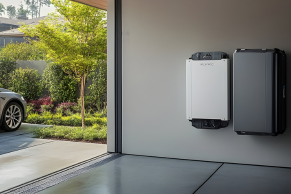
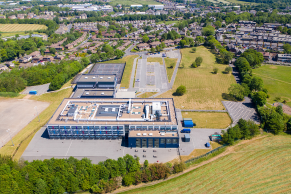
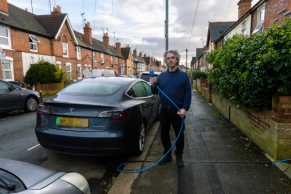
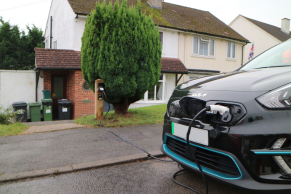
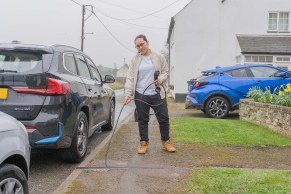
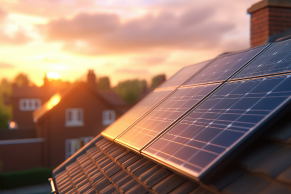
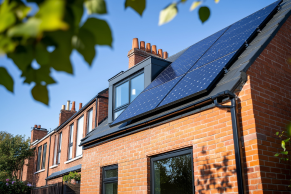


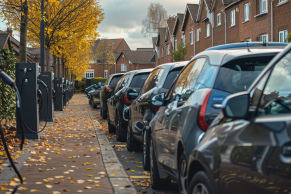




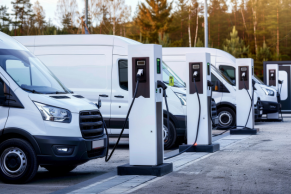







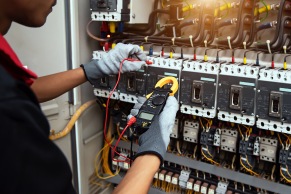























%20(1)%20(1)%20(1)%20(1)%20(1)%20(1)%20(1)%20(1)%20(1)%20(1).png)
